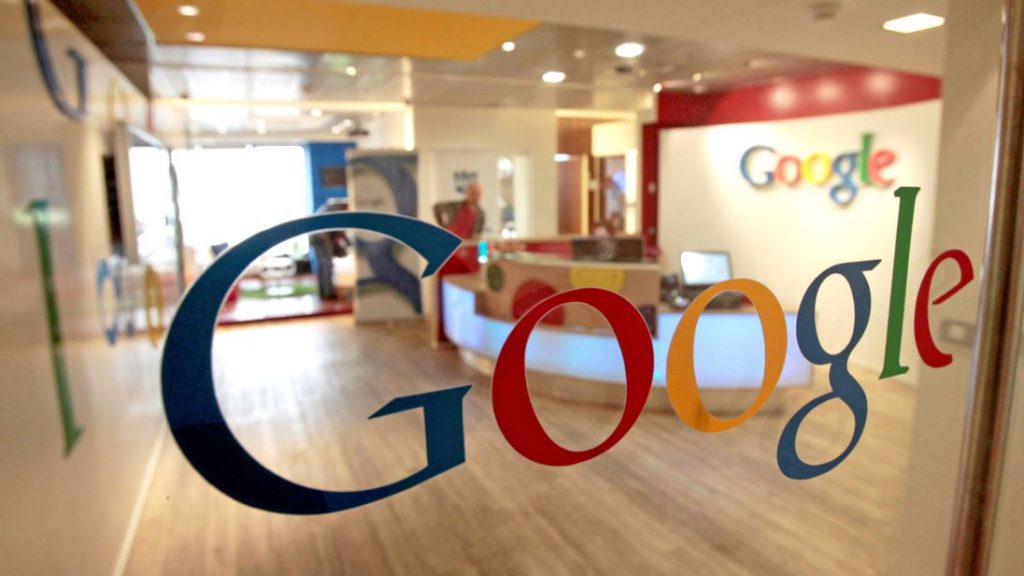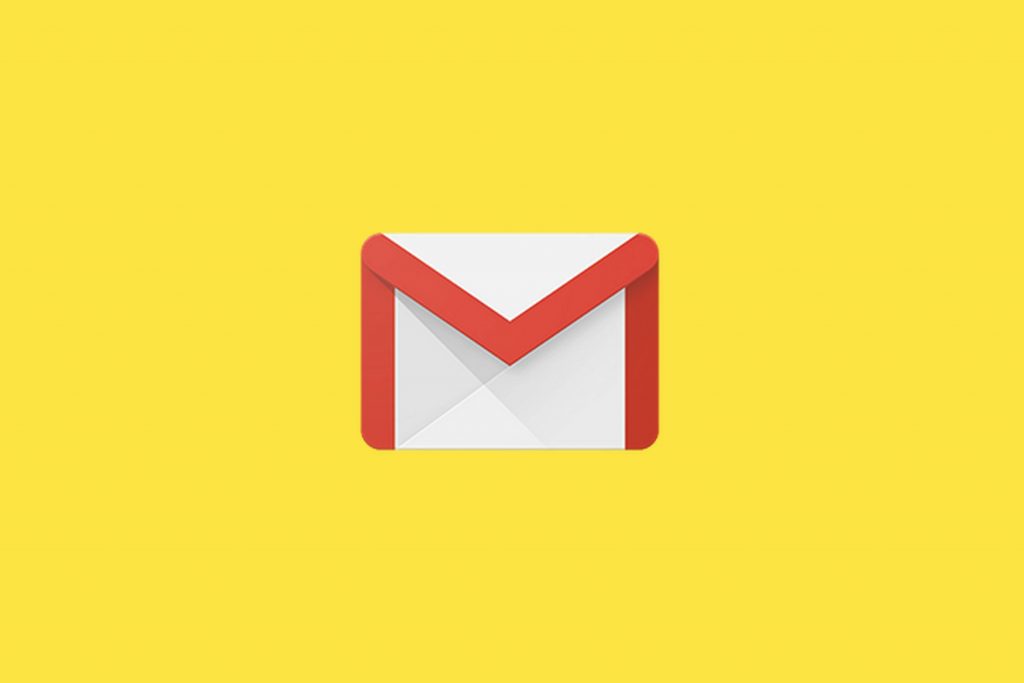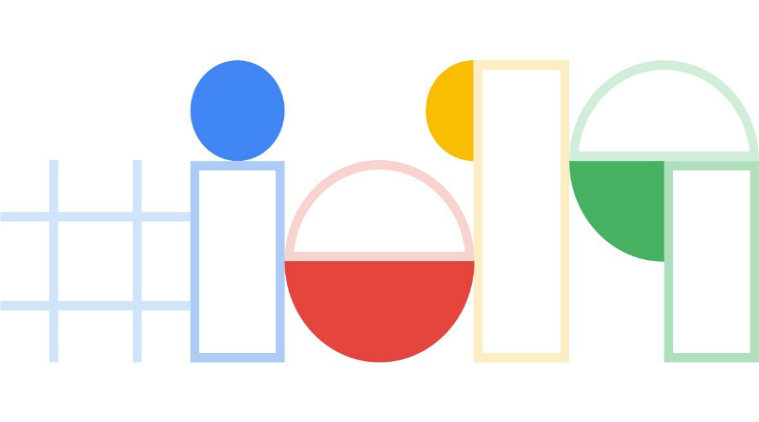Google Plans to Spend $13 Bn for its Expansion in 24 Out of 50 US States
The Google CEO, Sundar Pichai, announced on Wednesday that Google is planning to expand in various new locations in the U.S. The CEO broke the news through a blog post where he described that Google plans to invest in multiple data centres and offices.

The news can be a good one for the citizens of the US, as this expansion of Google’s data centres and offices will generate more job opportunities for them. Currently, the company has only revealed the names of the cities, including Nebraska, Nevada, and Oklahoma, and the expansion will take place in 24 different states and 13 communities. In this expansion, even the construction work will generate over 10,000 construction jobs.
In the blog-post, Pichai wrote, “With this new investment, Google will now have a home in 24 total states, including data centres in 13 communities. 2019 marks the second year in a row we’ll be growing faster outside of the Bay Area than in it.”
The announcement is considered as the result of the criticism, that Google faced, in the past few years. Google was criticised about the fact that it is not contributing to the US economy, as much as the company of the previous era used to.
In this regard, last year, the company invested over $9 billion on the facilities and this year Google has planned to invest over $13 billion on the new offices and the data centres.
“Our expansion across the U.S. has been crucial to finding great new talent, improving the services that people use every day, and investing in our business,” Pichai wrote in the post. He said this will be the second year in a row that Google will grow “faster outside of the Bay Area than in it.”
Google is not the only Silicon Valley tech giant, which is expanding to the other parts of the US, but companies like Apple and Amazon are also crossing the boundaries. Apple is also investing $1 billion in new offices in Austin to spread its growing workforce across the U.S., such that the expansion may lead to over 15,000 new jobs. On the other hand, Amazon, too, is planning to open its new offices in New York City and Virginia, as well as is looking for a good location for its second headquarter in the US.

Yashica is a Software Engineer turned Content Writer, who loves to write on social causes and expertise in writing technical stuff. She loves to watch movies and explore new places. She believes that you need to live once before you die. So experimenting with her life and career choices, she is trying to live her life to the fullest.




